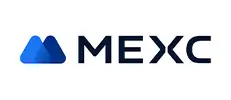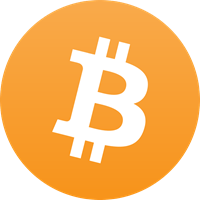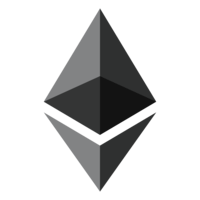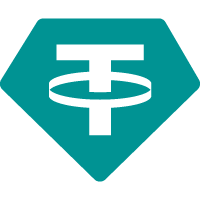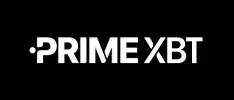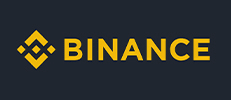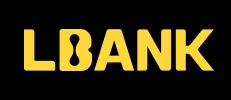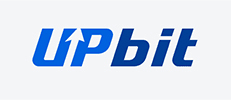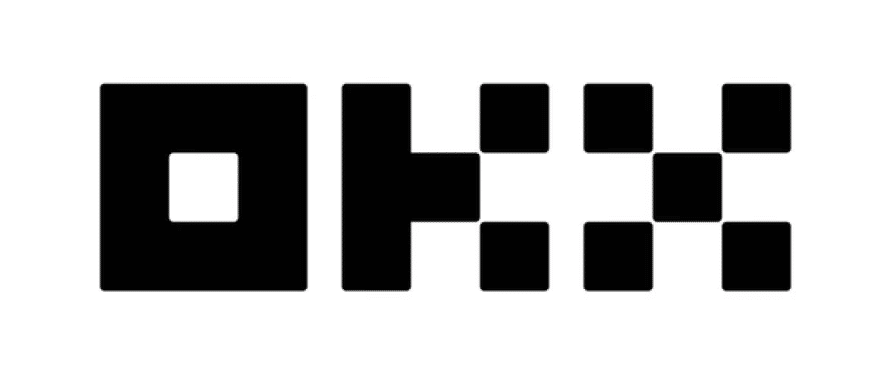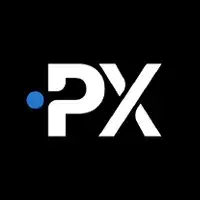No single trading platform can be described as the “best crypto exchange.” Instead, what makes an exchange “the best” depends on your personal goal, trading objectives, and experience levels. Here’s a breakdown of what to consider when deciding the best exchange for you:
Understand Your Trading Needs
Before deciding on an exchange, ask yourself, “What kind of trader am I?” Your answer can help you narrow down some things:
- Beginner-friendly: If you’re just starting out, then you’ll need a platform that’s easy to navigate, offers built-in educational resources, and provides thousands of trading pairs. Coinbase and Crypto.com fit this perfectly. Both exchanges offer a clean interface, learning resources and a curated selection of assets to ease you in.
- Advanced traders: More experienced traders need features like API support, advanced charting tools, margin trading, futures, and options. Exchanges like Binance, OKX, and Bybit cater perfectly to these needs. These trading platforms offer a good blend of simplicity and advanced features for more experienced users.
- Long-term holders: Long term holders need exchanges with passive earning features like Earn, auto-invest, and staking to maximize their holdings. Crypto exchanges like Binance, Crypto.com and Bybit offer these services, making them ideal for long-term traders.
- Meme-coin and low-cap traders: Traders that are interested in discovering new meme coins need exchanges that easily list trending coins. LBank, Bitget, and even Bybit are known for listing these speculative assets, making them ideal for meme coin hunters.
Understanding your trading needs helps you filter out the platforms that do not meet your goals.
Key Factors to Consider
Once you’ve identified your trading needs and level, the next step is to look out for certain features that separate a good exchange from a great one. Here are some important areas to look out for before settling on an exchange:
- Fees & spreads: Trading fees can eat into your profit, especially if you are an active trader. Most crypto exchanges charge maker and taker fees which can range from 0.10% to 0.60%. Watch out for hidden costs such as spread fees, especially on platforms that claim to have zero trading fees. Top exchanges like Bybit, Coinbase, Binance, LBank, Crypto.com have varying fee models. Among them, Binance and Bybit stand out for their lower and more transparent fee structure.
- Available coins: The number of coins on an exchange can directly affect your exposure to the market. More coins give you an opportunity to diversify your portfolio with a mixture of mid-caps and low cap cryptos. Platforms like Binance, LBank, and Bitget are good for getting multiple options. Coinbase on the other hand, offers a vetted list of assets, which is suitable if you’re concerned about the credibility of the coin.D
- Security measures: You always want to be certain that your funds are in the right hands. Top exchanges use security features like multi-factor authentication, cold storage, and even insurance funds. For example, Binance’s SAFU is one of the biggest insurance funds in crypto. Also, check if the exchange has a history of hacks and how the team behind the exchange responded.
- Regulation & KYC: With crypto going mainstream, more countries are setting up policies to safeguard users. Ensure you only use exchanges that have secured the right approval to operate in your region. Regulated platforms like Coinbase and OKX offer more legal protection. Meanwhile, some platforms have mandatory Know-Your-Customer (KYC) requirements, while others support anonymous trading.
- Interface (desktop vs. app): A good interface can make or break your trading experience. If you’re a mobile trader ( trading with your phone), use a platform with fast, reliable, and highly-rated mobile apps like Binance, Bybit and Crypto,com. Meanwhile, ensure the desktop option offers advanced charting tools and custom dashboards.
Regional Restrictions
Where you live plays a huge role in deciding what platform you can use and the features that are available to you. Due to regional or local laws, some platforms are completely banned, others offer limited services. Here’s a quick guide on what you should know
United States : Coinbase, Kraken, Binance.US (limited)
Note: The U.S. has strict regulations on crypto exchanges. Some exchanges do not support certain coins and features like margin trading, and futures. It’s also important to check for restrictions at the state level.
Available Exchanges In European Union (EU) : Binance, Bitget, Bybit, OKX, Crypto.com, Coinbase
Available Exchanges In United Kingdom : (with limited features:) Binance, Bitget, Bybit, Coinbase, OKX
Note: The FCA has tightened rules around crypto advertising and leveraged trading. Always check the “Financial Promotions” status of any UK crypto exchange you want to use.
Available Exchanges In Canada : Limited availability: Bybit, Bitget, OKX, Crypto.com
Note: Crypto activity in Canada is under serious government scrutiny, and most exchanges have left the market or reduced their presence. Be sure to check for the scale of operations of each crypto exchange in Canada.
Available Exchanges In Asia, Africa, and LATAM : Most top exchanges like Bitget, OKX, Binance, and Crypto.com are available with full features across these regions. Binance has a strong presence in Africa and Latin America.





